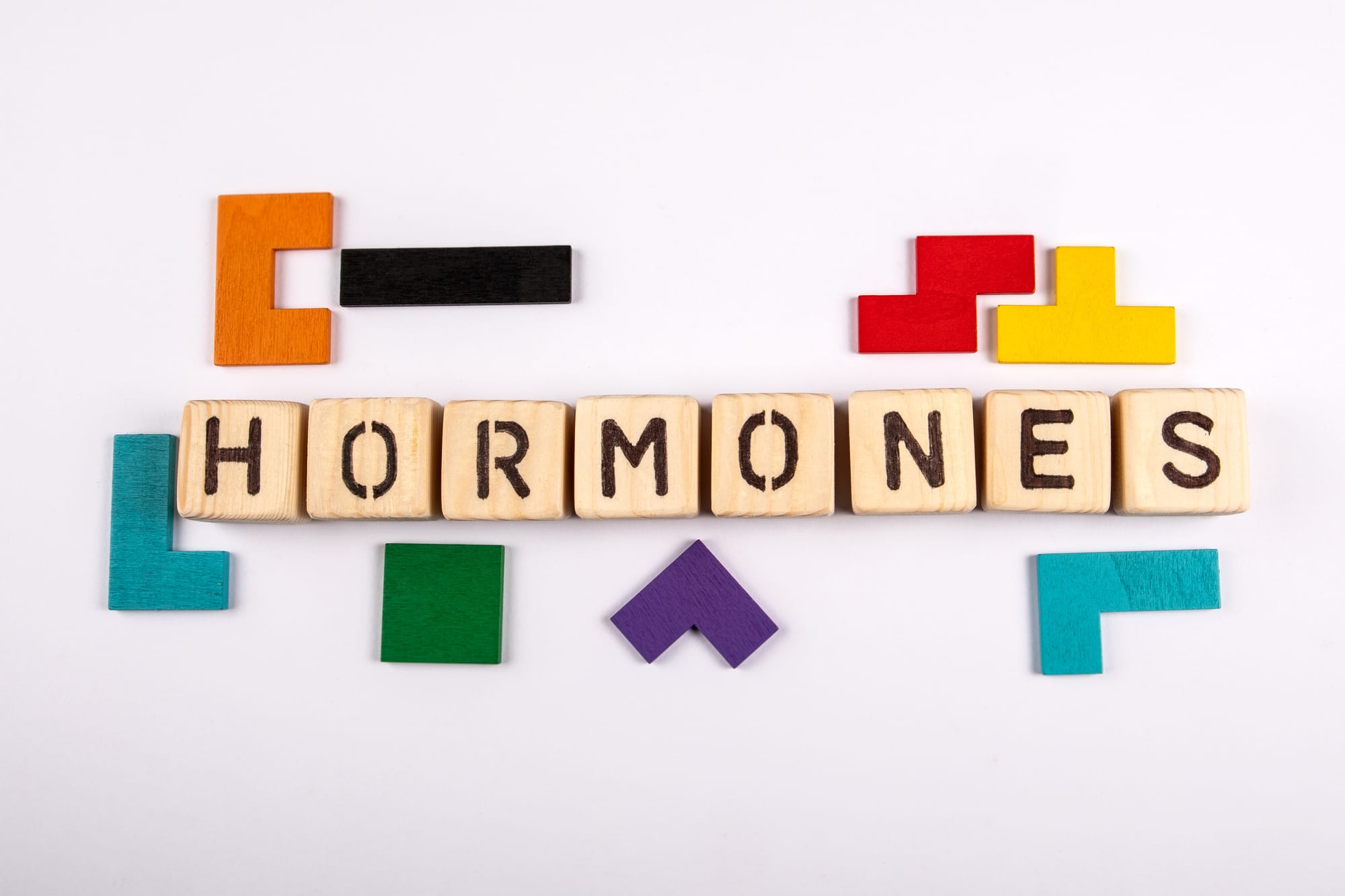As we age, our bodies undergo a series of changes, including hormonal fluctuations that can lead to various health issues. Bioidentical Hormone Replacement Therapy (BHRT) has gained popularity as a natural and potentially effective approach to managing these hormonal imbalances.
What Is Bioidentical Hormone Replacement Therapy?
Bioidentical Hormone Replacement Therapy, often abbreviated as BHRT, is a treatment that aims to balance hormone levels in the body using hormones that are structurally identical to the hormones naturally produced by the human body. These bioidentical hormones are derived from natural sources, typically plant-based, and are customized to match an individual’s specific hormonal needs.
How Does BHRT Work?
BHRT is commonly used to address hormonal imbalances that occur during menopause, but it can also be employed to treat other hormonal issues, such as thyroid disorders or low testosterone levels. The therapy involves replacing deficient hormones, such as estrogen, progesterone, or testosterone, with bioidentical versions. These hormones can be administered in various forms, including creams, gels, pills, patches, or injections, depending on the patient’s preference and needs.
Key Benefits of BHRT
- Symptom Relief: BHRT is primarily known for its effectiveness in alleviating the symptoms associated with menopause, such as hot flashes, night sweats, mood swings, and vaginal dryness. By restoring hormone levels to a more balanced state, many individuals experience relief from these discomforts.
- Individualized Treatment: BHRT allows for a personalized approach to hormone therapy. Physicians can tailor the treatment to each patient’s unique hormonal needs through careful evaluation and monitoring.
- Potential Health Benefits: Some studies suggest that BHRT may offer additional health benefits, such as improved bone density, cardiovascular health, and cognitive function. However, more research is needed to confirm these potential advantages.
Risks and Considerations
While BHRT may offer several advantages, it is essential to consider potential risks and drawbacks:
- Side Effects: BHRT can cause side effects similar to conventional hormone replacement therapy (HRT), such as bloating, breast tenderness, or mood swings. The severity and duration of these side effects can vary from person to person.
- Customization Challenges: Achieving the correct hormone balance can be complex, and it may take some time to fine-tune the treatment. Regular monitoring by a qualified healthcare provider is crucial.
- Cost: BHRT can be more expensive than traditional HRT, as it often involves custom-compounded medications.
Conclusion
Bioidentical Hormone Replacement Therapy offers a potentially promising option for individuals seeking relief from hormonal imbalances, especially during menopause. While it may provide symptom relief and other potential health benefits, it is crucial to approach BHRT with caution and under the guidance of a qualified healthcare provider. The lack of long-term data and potential side effects should be carefully considered when making the decision to pursue BHRT.
As with any medical treatment, it is essential to have a thorough discussion with your healthcare provider to assess your individual needs, risks, and benefits. BHRT may only be suitable for some. Staying informed and making informed decisions about your health is of paramount importance. Contact our nurse practitioner in Winnipeg for more information.






